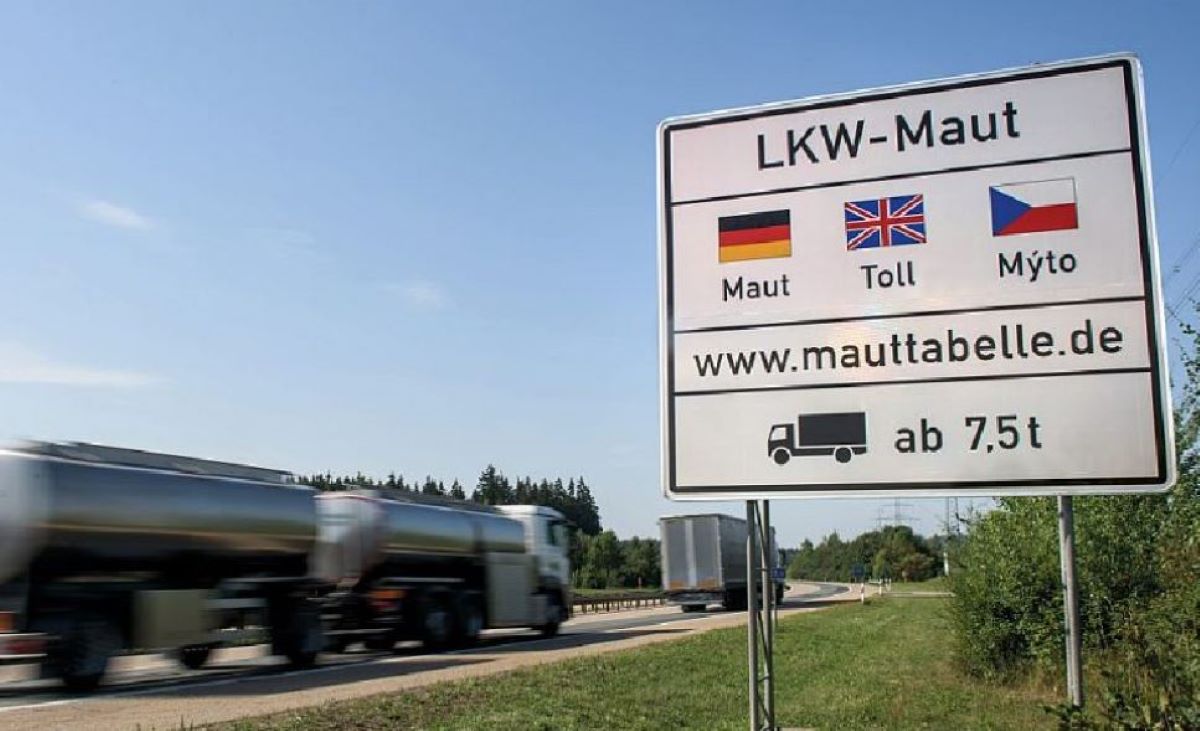Extended Toll Exemptions to Boost Zero-Emission Trucking
The European Parliament has recently advanced legislation extending toll exemptions for heavy-duty vehicles (HDVs) that produce zero emissions under the Eurovignette Directive. This extension, if ratified, will lengthen the toll exemption period from the current deadline of December 31, 2025, through to June 30, 2031. Such a move is designed to provide vital financial certainty for fleet operators investing in cleaner vehicle technologies.
The Importance of Financial Clarity for Green Transport Operators
The measure sends a clear signal to the freight and transport industry that zero-emission trucks are not only encouraged but also supported through fiscal incentives. Given that zero-emission trucks typically cost two to three times more than their diesel counterparts, this legal certainty reduces investment risk and encourages adoption of environmentally friendlier trucking options.
However, despite this optimistic outlook, there is a caveat: member states retain the option to opt out of applying these exemptions. Consequently, the current reality is that only a handful of countries have taken advantage of these toll waivers to date, leaving the Union with an inconsistent application of the benefits across Europe.
Additional Measures Needed to Propel Sustainable Road Freight
The toll exemption extension is welcomed as a positive development, but experts stress that voluntary incentives alone won’t drive the critical large-scale shift to greener fleets. A more comprehensive approach is necessary, including:
- Reinvestment of CO₂ toll revenues directly back into road transport decarbonization efforts, instead of diverting funds to general budgets or other transport sectors.
- Broadening support for alternative low-carbon technologies, such as CO₂-neutral fuels, to complement electric options.
- Implementing mechanisms that facilitate administrative ease like unified recognition of CO₂ emission classifications across all EU member states, based on vehicle registration data.
Important Recommendations to the European Commission
Key proposals put forward to strengthen the Eurovignette Directive include:
| Area | Proprietate |
|---|---|
| CO₂-Related Toll Revenues | Implement a mandatory and temporary allocation of all toll income linked to CO₂ emissions to funding road transport decarbonization efforts. |
| Avoid Double Charging | Prevent member states from imposing additional charges related to CO₂ external costs once the Emissions Trading System (ETS II) applies to road transport, avoiding excess financial burdens on operators. |
| Coverage of CO₂-Neutral Fuels | Extend significant toll reductions or exemptions to vehicles fueled by liquid and gaseous fuels that are CO₂-neutral, enabling immediate emission cuts. |
| Administrative Facilitation | Ensure mutual recognition of CO₂ emission classes throughout the EU according to the vehicle’s registered member state to simplify regulation compliance. |
The Road Ahead: Urgency in Adoption and Regulatory Consistency
With the European Parliament’s backing secured, the ball now rests in the Council of the European Union’s court. Prompt approval before the end of 2025 is crucial to avoid gaps in toll exemptions and to lay a solid foundation for more effective road transport decarbonization policies. Such decisive action will pave the way for broader reforms reflecting previous recommendations, aiming at harmonizing incentives across the continent and driving deep sustainability in freight logistics.
Why This Matters for Logistics and Freight Transport
Transport operators face the double whammy of rising environmental expectations and economic pressures. Incentives like toll exemptions for zero-emission vehicles provide much-needed relief and encourage investment in clean transportation tech. However, inconsistency between states hampers scaling benefits across the entire EU freight market. Harmonization efforts and reinvesting toll revenues into road freight sustainability programs could enable logistics companies to plan better, optimize their fleets, and reduce the carbon footprint of shipments.
Implications for Supply Chain and Freight Industry
- Increased adoption of zero-emission trucks reduces operational costs long term and supports environmental compliance.
- Clear regulatory frameworks minimize uncertainties in transport logistics planning and capital investment.
- Administrative simplifications reduce cross-border compliance friction for international transport operators.
- Funding reinvested directly into road transport helps upgrade infrastructure and supports fleet upgrades.
Trusting Experience Over Just Reviews and Feedback
While detailed reviews and transparent policy updates provide a solid knowledge base and a sense of direction, nothing beats firsthand experience when deciding on transport solutions and logistics partners. Platforms like GetTransport.com empower users to arrange cargo shipments, freight deliveries, and even bulky or vehicle transportation—all at competitive global rates. The platform’s versatility allows customers to manage everything from household moves to complex freight dispatches, benefiting greatly from transparency, convenience, and extensive options across international freight corridors.
By comparing real offers and choosing based on direct experience rather than just hearsay, shippers can avoid unnecessary costs or disappointments, making smarter decisions tailored to their needs. Obțineți cele mai bune oferte la GetTransport.com.
Wrapping Up: Aligning Policy with Practical Logistics Needs
The extension of toll exemptions for zero-emission heavy trucks by the European Parliament marks a significant step toward greener freight transport. Yet, to truly create a sustainable logistics ecosystem, additional measures around funding allocation, tax harmonization, and administrative efficiency are essential. This evolution not only motivates transport operators to adopt clean technologies but also contributes to smoother, more reliable international freight forwarding and distribution.
For all those navigating the complexities of global cargo transport, platforms like GetTransport.com offer an easy and economical way to organize shipments, whether for pallets, containers, bulky goods, or vehicles. Leveraging such tools alongside progressive regulatory changes can streamline logistics operations, cut costs, and enhance environmental responsibility in shipping and haulage worldwide.
Începeți să vă planificați următoarea livrare și asigurați-vă încărcătura cu GetTransport.com.

 European Parliament Pushes Forward Toll Exemptions for Zero-Emission Heavy-Duty Vehicles">
European Parliament Pushes Forward Toll Exemptions for Zero-Emission Heavy-Duty Vehicles">